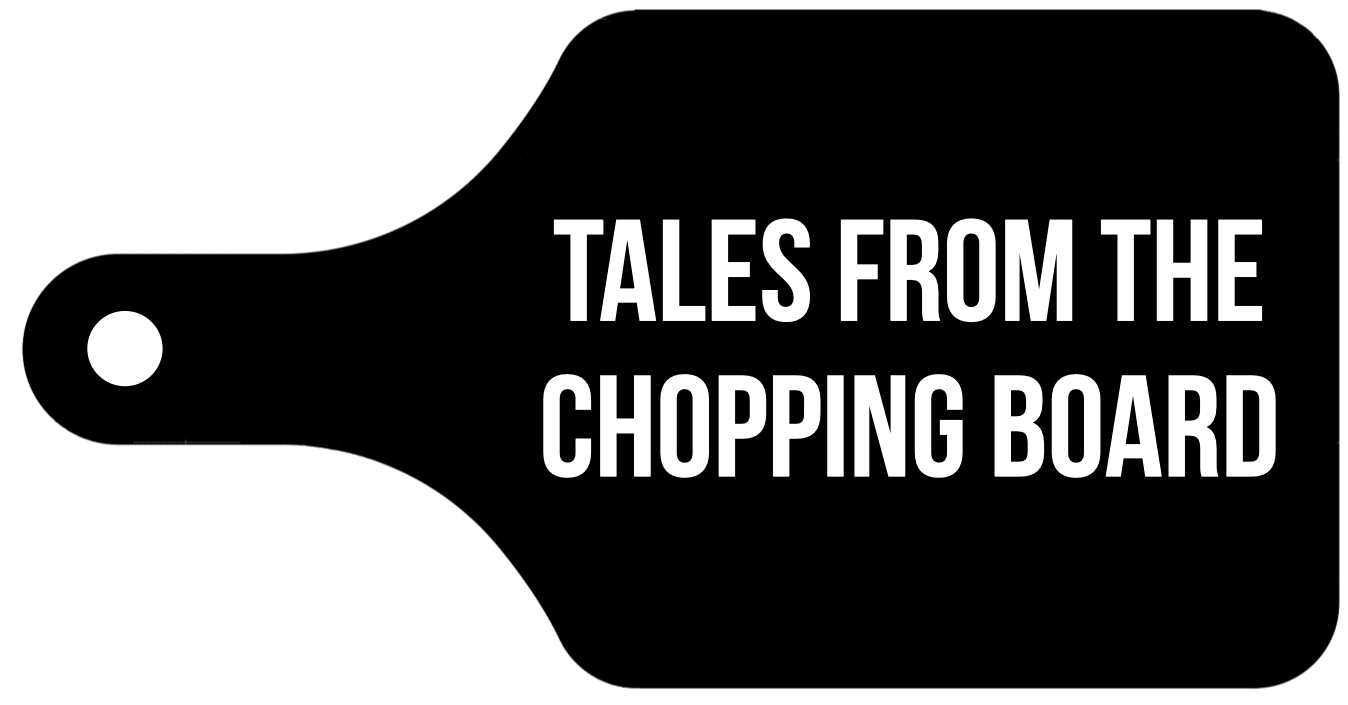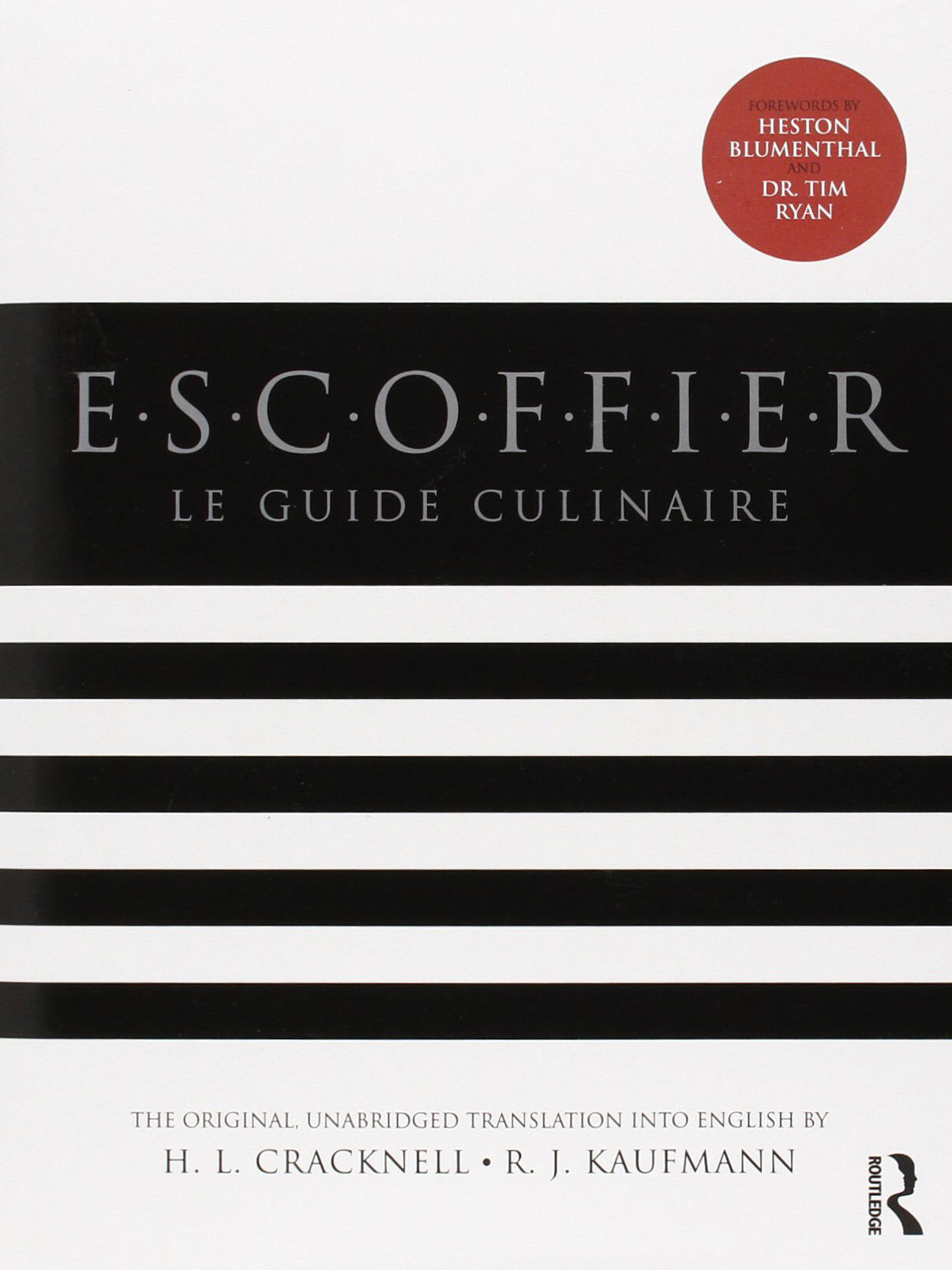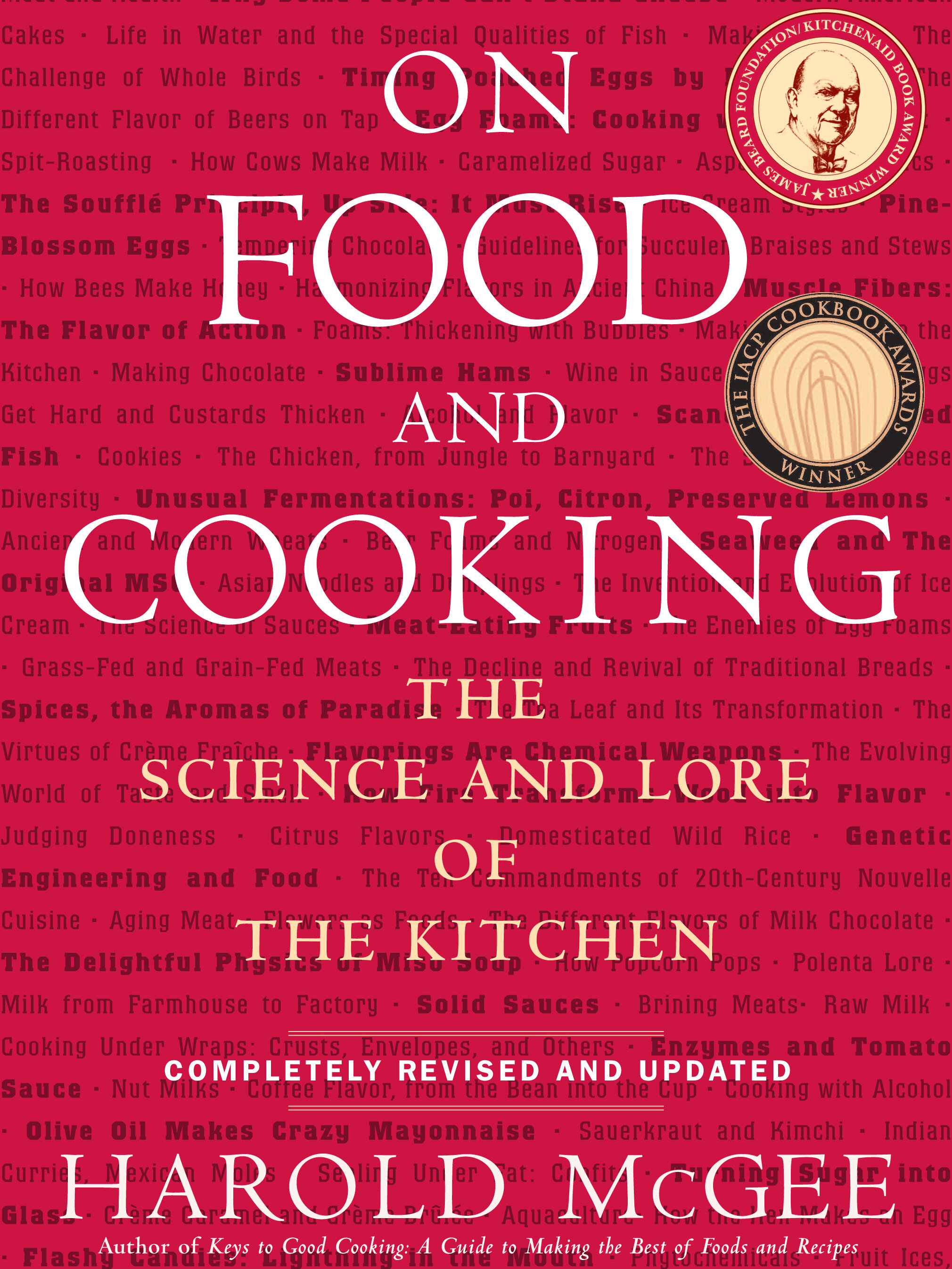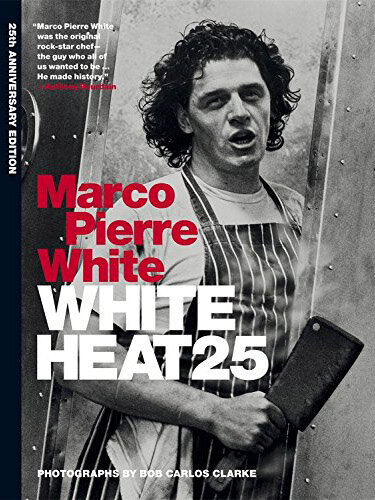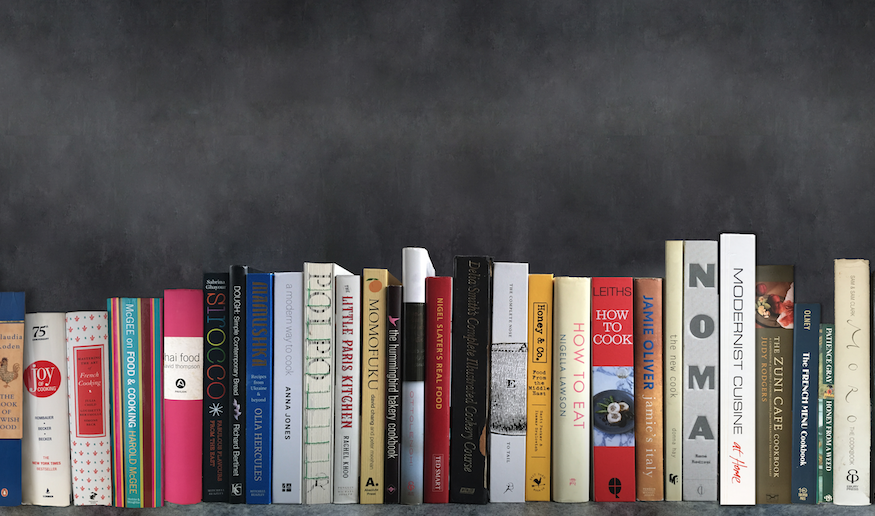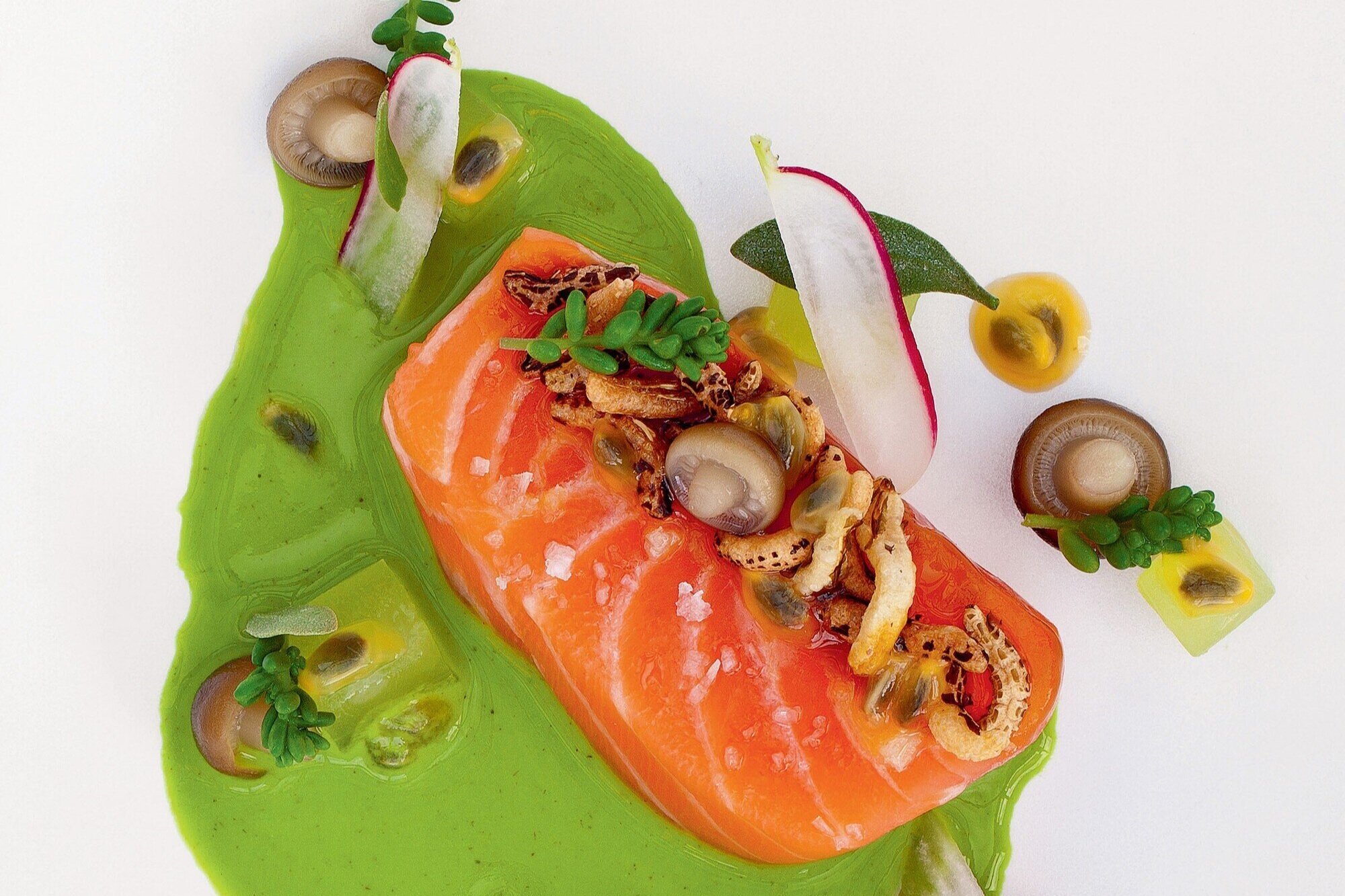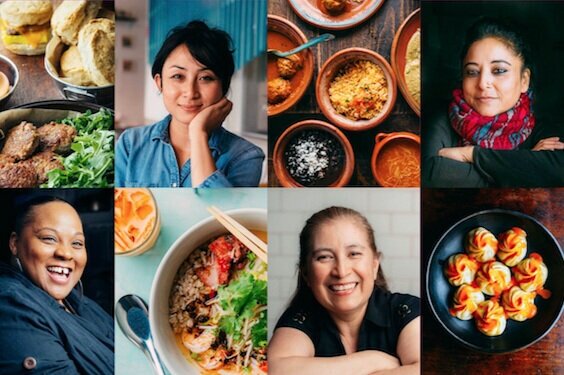Advertisement
Bring on the digital recipe revolution
6 October 2021 · From the Chopping Board
TALES FROM THE CHOPPING BOARD
In this new series, ckbk users talk about the cookbooks, authors and recipes that have influenced them: helping to finally get the measure of a tricky dish, understanding a culinary technique, or building an appreciation of the foods, places, ingredients, cultural history and philosophy that make up a particular regional cuisine.
This is a space for cooks to share their thoughts on cookbooks and related topics – if you’d like to join the discussion and contribute a piece, drop us a line.
In the first of the series, former chef and restaurateur Chris Lawrence considers how books by Auguste Escoffier and Harold McGee, written a century apart, have had a profound effect on the way that chefs, recipe writers, and home cooks think about food and how they cook. He argues for more care to be taken in recipe creation – and tells why he welcomes the digital recipe revolution.
By Chris Lawrence
If you’re anything like me, in that you love good food, appreciate quality ingredients, and value the time spent cooking a good meal, you know how much of a challenge it is to find recipes that work.
You also know the frustration of diving headfirst into the Internet in search of them, filtering through countless photos and popups that disguise mediocre recipes in search of good, solid examples that truly work. How do so many mediocre recipes come about?
How recipes are made: the bad…
As a (former) chef during the 1990s and early 2000s working in the rough hotbed of small restaurant kitchens, Italian eateries, fine-dining bistros, and high-end hotels and resorts, I witnessed how both excellent and terrible recipes emerge. Later, as a restaurant owner, the question of how to accommodate diner needs and develop creative new approaches to dishes was one that I faced at each menu drafting.
At the bottom end, the recipe developer resorts to the “Use whatever’s around at the time” strategy, in which ingredients and techniques are slap-dashed together. Overbaked, grainy cheesecake cooked in an electric pressure cooker with ground-up Oreos, and the liberal use of ketchup rather than tomatoes as a base for sauces are typical examples.
True, some such recipes do go on to achieve immortality – s’mores, are a now-classic example. But too often, these “That’ll do” mash-ups are copied endlessly without understanding or ethical concern for originality or quality.
…and the good
At the other end of the spectrum, a recipe can be the result of thoughtful experimentation and careful testing. The good ones are often based on the scientific or intuitive compatibility of flavors, or through trialing many variations of a dish to find and confirm the best combinations, cooking times, and temperatures.
They involve precision, technique, and understanding that are far from ‘a cup of ketchup’ steak sauces that, through search-engine optimisation, are at the top of every Internet search you make.
These recipes rarely exist on the blogosphere. They tend to be guarded, held by vigilant top fine-dining chefs who would only share them with a small minority of underlings that had proven themselves worthy of receiving the knowledge.
It all started with Escoffier…
It is worth taking a short history lesson here to explore the gradual shift toward sharing such prized recipes through publication. One of the most influential chefs to forge a different route was Auguste Escoffier with his Le Guide Culinaire, published in 1903.
Escoffier was the ‘chef of kings,’ cooking for celebrities, royalty and anyone who could afford it. He democratized access to haute cuisine and educated an entire industry, forming the backbone of what is now known as ‘classical’ French cooking. Escoffier’s magnum opus quickly became the foundation of culinary education and the basis for a century of fine dining across the Western world.
A revealing glimpse of this history can be found in the rise in popularity of cookbooks published by fine-dining chefs over the last couple of decades. If you’re fortunate enough to own a first-edition copy of Marco Pierre White’s White Heat – an influential book for many an aspiring chef as well as home cooks – what’s discernible in the recipes, strewn among black-and-white photographs of a mop-haired angry White, smoking, wielding a large cleaver, and plating his dishes with delicate care, are the bare bones of Escoffier.
Despite the fact that Yorkshire-born White didn’t train in France (and never visited France until after he retired), his recipes are reliant on classical veal stock sauces montée au créme, poultry mousselines enriched with ceps, and lashings of foie gras and truffle oil.
Even an interpretation of Escoffier’s legendary Peach Melba is in there! White’s success – and much of the West’s engagement with restaurant-style food – can be traced back to a single book by a singularly influential French chef.
Fusing food and science: Harold McGee
Around the same time the first generation of celebrity chefs was born, a food science movement was beginning to grow, driven mostly by Harold McGee’s On Food and Cooking, first published in 1984. On Food and Cooking outlines the science of how everything food-wise works – not every dish, but almost every ingredient (with a strong bias of what’s available in North America).

Harold McGee may have dispelled the myth about searing acting to ‘seal in’ meat juices, but there is no question that it delivers delicious flavours thanks to the wonders of the Maillard reactions.
It was the most comprehensive challenge to tradition since that mounted by Escoffier on the Marie-Antoine Carême era of fat-laden, over-flavored banquets for royalty. It armed chefs with the knowledge that allowed them to abandon thoughtless tradition, validate and modernize cooking practices, and understand why a technique is the way it is.
In a single book, McGee shattered frequently passed-around myths, such as ‘sealing’ meat by searing it in a hot pan, while educating readers on the correct pH of cooking water needed to maintain the vibrant green of chlorophyll of broccoli. Its influence subsequently led to the publication of a number of scientifically based reference guides and cookbooks, now mostly grouped into the modernist movement.
Yet, while a revolution occurred in print, providing access to haute cuisine recipes and accurate food-science knowledge, the majority of blogs bee-lined in the opposite direction. How, then, can you find reliable, good quality recipes?
From print to digital: the recipe revolution
I came across ckbk while seeking a quick reference to Escoffier’s renowned Potage Bortsch. I own the book, but it’s far from quick or easy to navigate the chef’s 943-page encyclopedia.
It immediately struck me how ckbk had done something obvious and miraculous. They had taken the wealth of print-only knowledge and made it browsable through digitization. It struck me as being such an obvious need that it was surprising that nobody else had done it before!
There is plenty of enjoyment to be had from interacting with physical books, but digitizing recipes provides value to readers, publishers, and cookbook authors through ease and convenience of access – and with quality guaranteed.
Being able to quickly search printed books in digital format is invaluable. ckbk users have access to reference works, such as Escoffier and Harold McGee’s On Food and Cooking in bite-sized snippets, along with a multitude of recipes from top modernist chefs, Michelin-star restaurateurs, and influencers such as Francisco Migoya, Alain Ducasse, Heston Blumenthal, James Peterson, and Michael Ruhlman, just to name a few.
We, the chefs, cooks, and food lovers of the world, understand that exceptional cooking requires exceptional references to build upon. ckbk is a great place to start.
Would you like to contribute a post to the new Tales from the Chopping Board section? Get in touch!
More posts from ckbk
Advertisement

